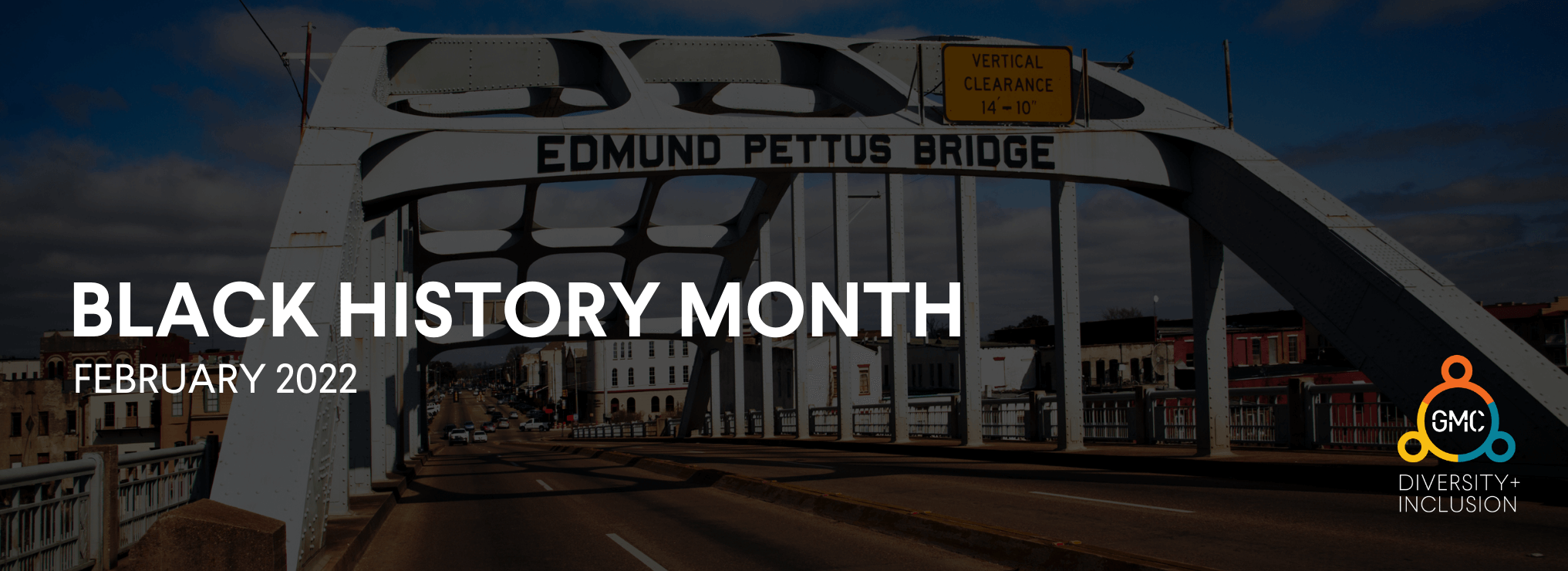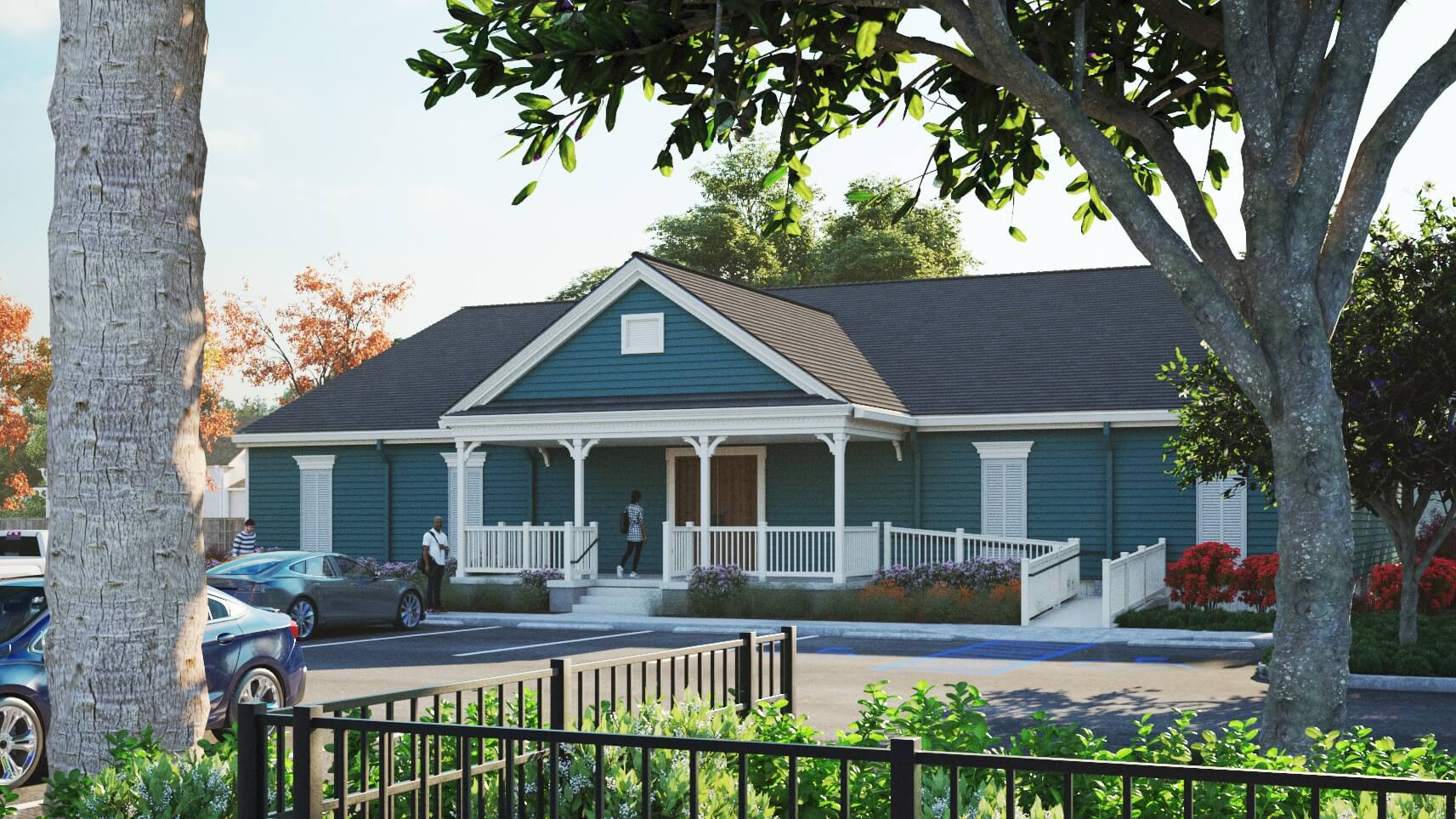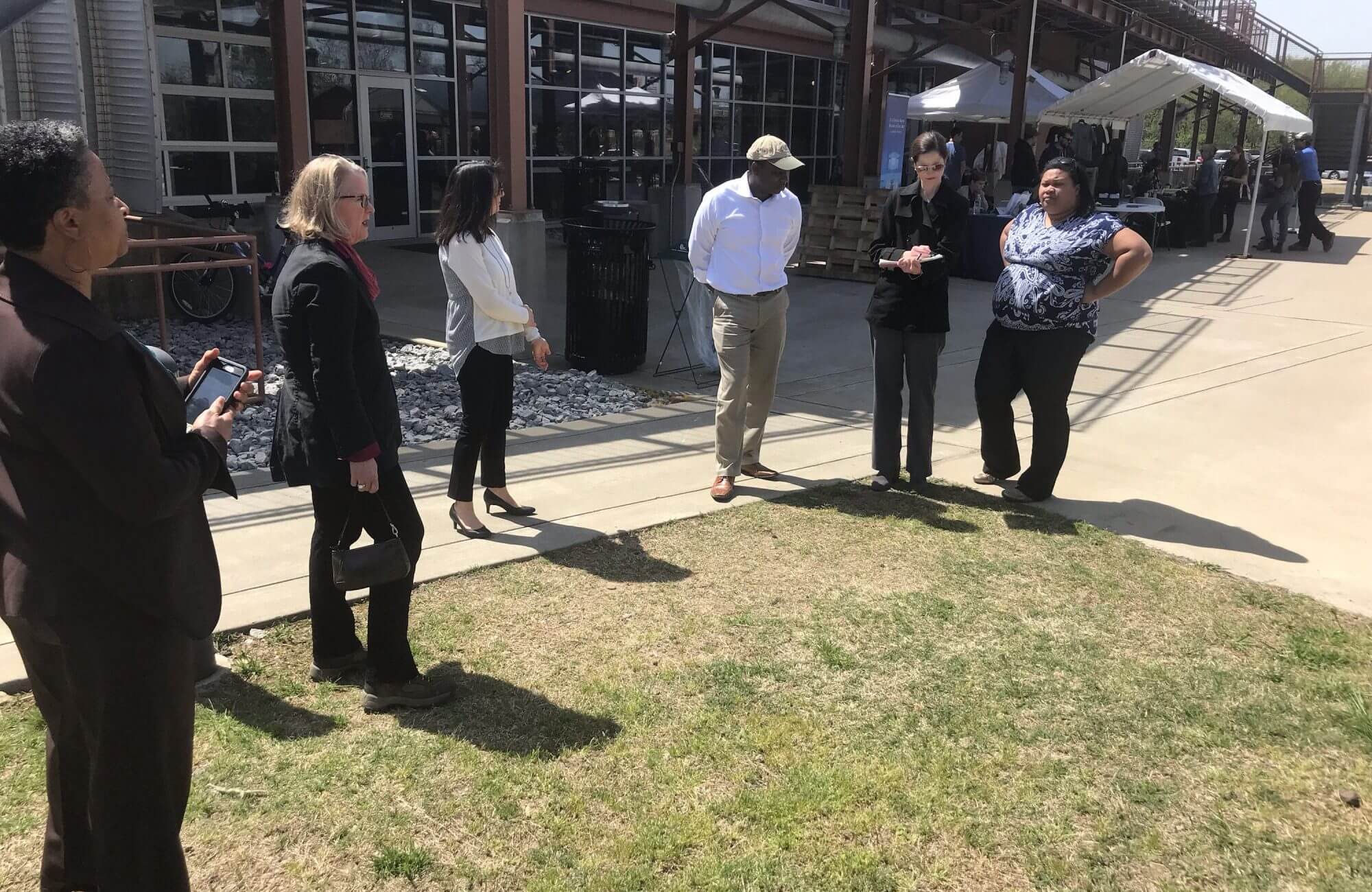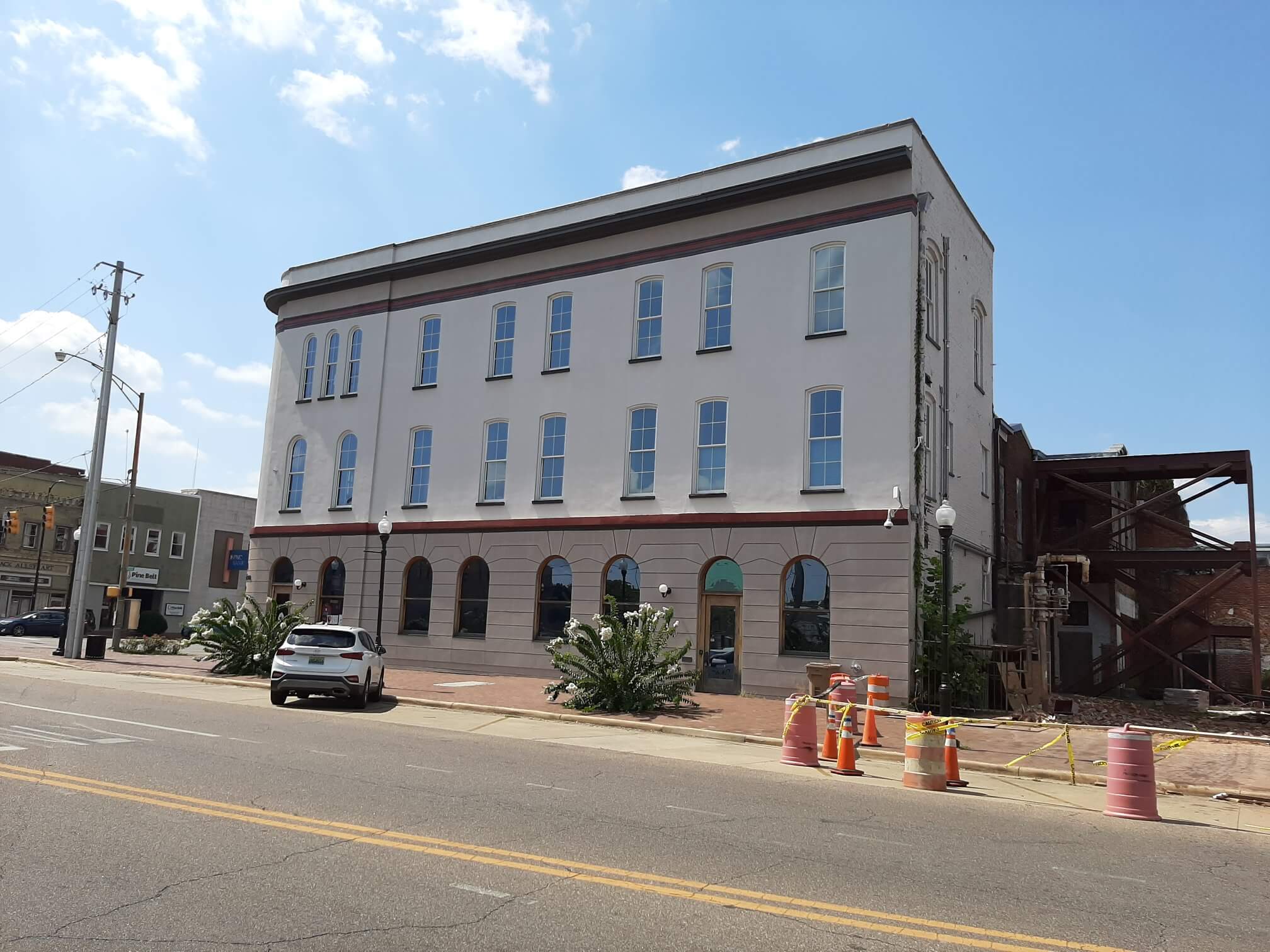
Black History Month is celebrated every year throughout the month of February. As we observe this month, we wanted to highlight a few projects GMC is currently working on that honor and commemorate Black history.
Africatown Heritage House (Mobile, Alabama)
An official groundbreaking ceremony was held in February 2021 for the new Africatown Heritage House, which will tell the long untold story of the Clotilda, the nation’s last known slave ship, and the town created by the African survivors who once suffered aboard that ship. The approximately 5,000-square-foot building will feature “Clotilda: the Exhibition,” curated by the History Museum of Mobile in partnership with the Alabama Historical Commission and the Africatown Advisory Council to tell the story of the final journey of the Clotilda, the settlement and history of Africatown, and the discovery of the sunken ship in 2019 – all through a combination of interpretive text panels, documents and artifacts.

GMC was retained by the Mobile County Commission to provide architecture, interior design, site/civil design and landscape architecture for the Africatown Heritage House, and we are honored to be part of the team bringing this important project to fruition. Architects designed the exterior of the building to fit within the fabric of the surrounding neighborhood and selected exterior colors to not only honor the enslaved occupants of the Clotilda and their heritage, but also to symbolize the strength and perseverance of her descendants.
The new building, slated for completion early this spring, will consist of an entry porch, lobby, restrooms, conference room, offices and exhibit hall. A memorial garden will also be designed as part of the landscape and will incorporate sculptural ceramics from renowned artist Charles Smith.
Learn more about the importance of Africatown and the Heritage House project in Alabama NewsCenter’s article about the groundbreaking or in the recent BBC article about the Clotilda. You can also watch the recently-released documentary from National Geographic, “Clotilda: Last American Slave Ship,” now streaming on Hulu and Disney Plus.
Jefferson County Memorial Project Memorial & Markers (Jefferson County, Alabama)
According to the Equal Justice Initiative, more than 4,400 African Americans were lynched across 20 states between the end of Reconstruction in 1877 and 1950. One of EJI’s initiatives is to collaborate with communities to memorialize documented victims of racial violence and foster meaningful dialogue about race and justice today using the Community Historical Marker Project. Through this project, EJI works with community groups across the country to install historical markers at the sites of lynchings.
GMC has been working with the Jefferson County Memorial Project (JCMP) to place historical signs throughout Jefferson County and is working to ultimately bring the six-foot Jefferson County monument from the National Memorial for Peace and Justice to the center of Birmingham as part of a large-scale memorial installation. The placement of the memorial is more than identifying a location for the monument, but the creation of a space that captures the poetic essence of the National Memorial in Montgomery and conveys the historical thread for these events.

GMC’s design team has been through several rounds of design for the memorial. While the concepts are still confidential, the team recently completed a charrette with stakeholders and will be conducting a series of public roundtables to give the community an opportunity to provide input.
In addition, GMC has been working with JCMP on the historical sign placements throughout Jefferson County. You can learn more about the historical signs that have already been placed and see progress updates on the JCMP website.
Selma Interpretive Center (Selma, Alabama)
Over the years, GMC has worked with the City of Selma on several renovations to the Selma Interpretive Center. The facility is prominently located at the foot of the historic Edmond Pettus Bridge, which marks the beginning of the Selma to Montgomery National Historic Trail.
The Selma Interpretive Center is a legacy project for Congresswoman Terry Sewell, a Selma native, and aims to revitalize the urban fabric of the city. The hope for the final phase of the project is that it will more adequately represent its significance as the birthplace of The March, which resulted in the passing of the Voting Rights Act of 1965, and transform the facility into a place that allows visitors to experience: the events that led to The March, The March itself and the passing of the Voting Right Act of 1965.

GMC is partnered with Quinn Evans Architects to design the final phase consisting of large-scale renovations to the existing facility. The project will feature a theater, exhibition space, a courtyard garden, and a voting rights center that honors the legacy of Civil Rights leaders, including that of the late Representative John Lewis.
Learn more about the upgrades here.